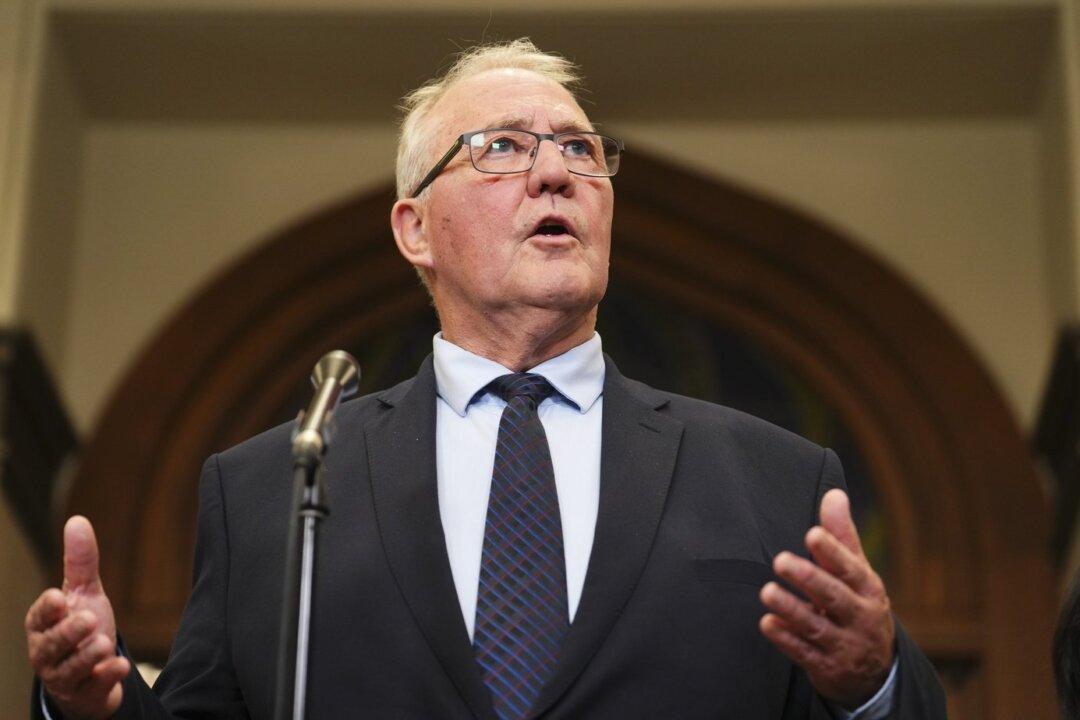Emergency Preparedness Minister Bill Blair says staff in his office and department aren’t to blame for not informing him of Beijing threats to MPs and has repeated that Canada’s spy agency is at fault.
The Canadian Security Intelligence Service (CSIS) “had Top Secret information that they felt that I should see, and clearly, the process that they had in place to bring it to my attention was not complete, and did not bring it to my office’s attention and that’s now been remedied,” Mr. Blair said in a press conference in Ottawa on July 11.





